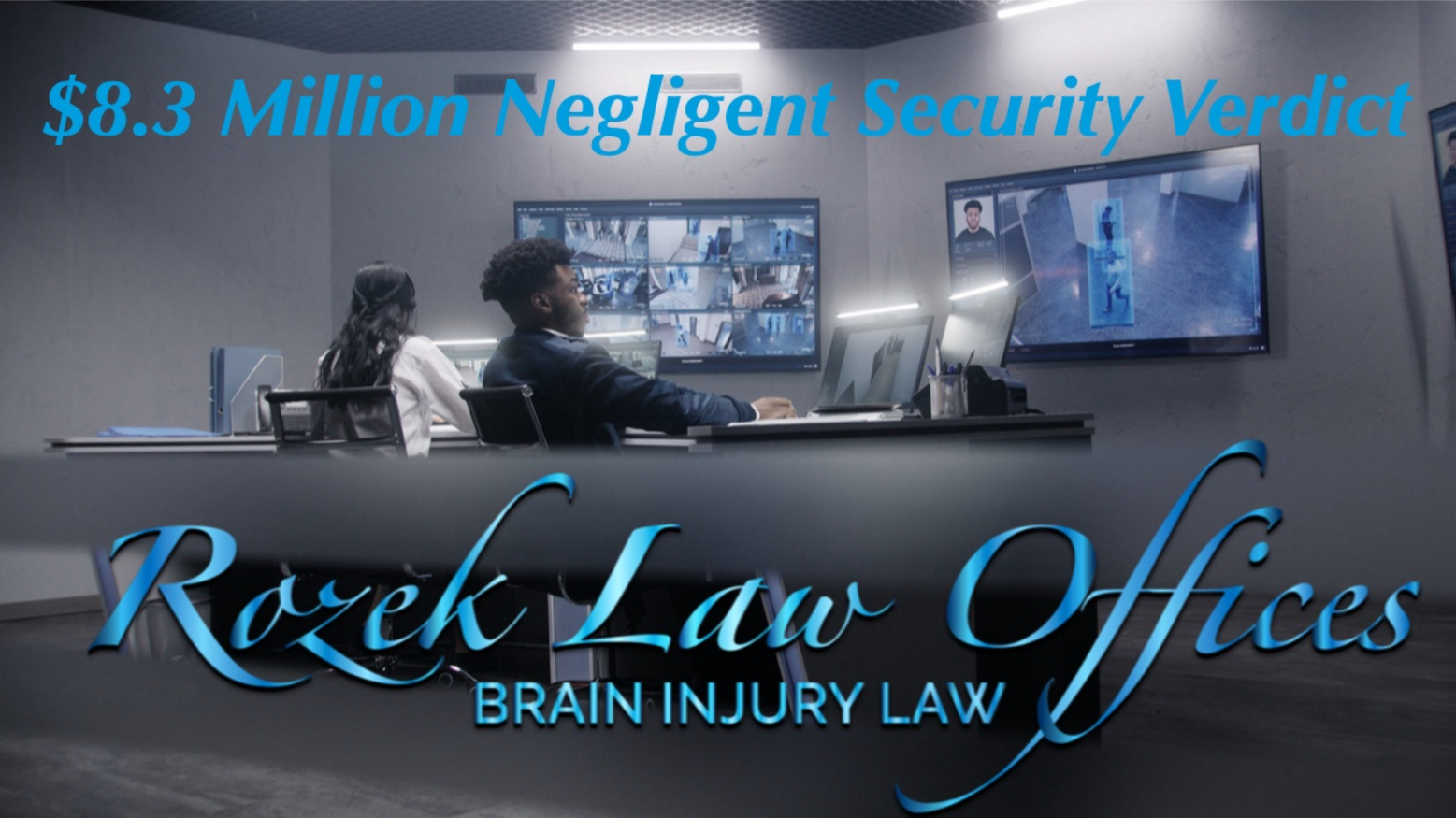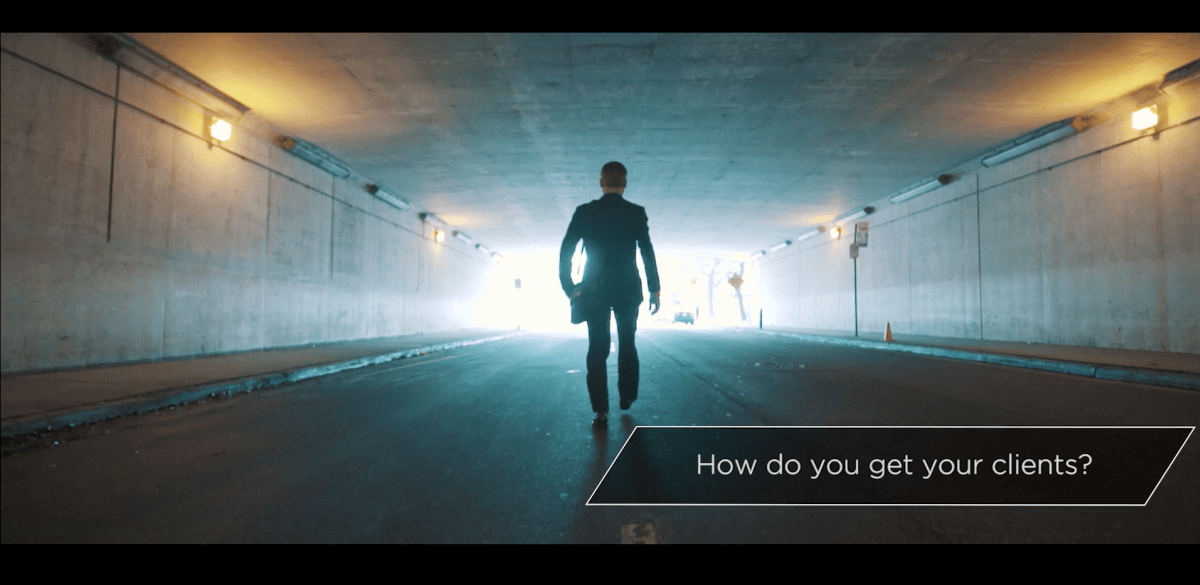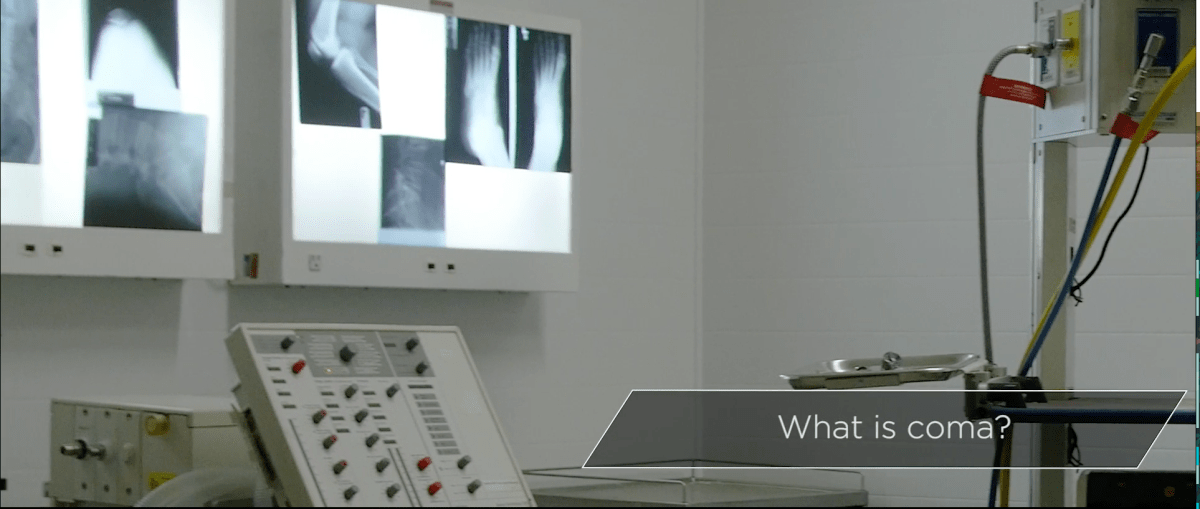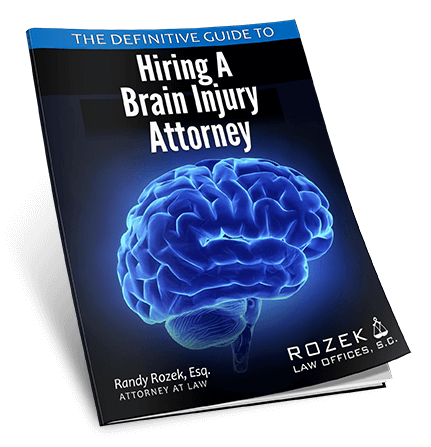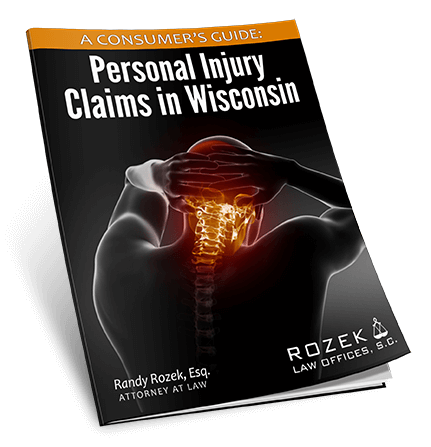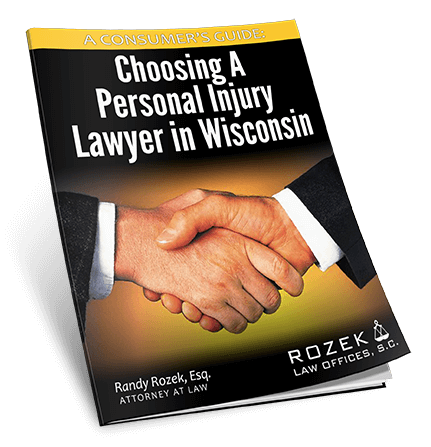Wisconsin man spreading awareness about effects of traumatic brain injury
This month, people across the nation are devoting time and energy to spreading awareness about the effects of traumatic brain injury (TBI). That’s because it’s National Brain Injury Awareness Month. One of those people, Karl Curtis, has personal reasons for doing so. Curtis is the executive director for the Brain Injury Alliance (BIA) of Wisconsin. […]
This month, people across the nation are devoting time and energy to spreading awareness about the effects of traumatic brain injury (TBI). That’s because it’s National Brain Injury Awareness Month.
One of those people, Karl Curtis, has personal reasons for doing so.
Curtis is the executive director for the Brain Injury Alliance (BIA) of Wisconsin. The BIA is a nonprofit organization serving the state’s brain injury community since 1980. Its mission is the prevention of brain injury and the full participation in life for individuals with brain injury.
Curtis has a son who experienced TBI as a result of brain cancer treatments.
“Nineteen years ago my oldest son, then 9 years old, fought and beat brain cancer with the help of surgery, radiation therapy and chemotherapy. Unfortunately, the same treatments that saved his life also damaged his brain,” Curtis explains in an article by The Cap Times. “The fact my son’s post-treatment TBI has had a far greater effect on his life than cancer may sound incredible to some, but it is true. Cancer can be defeated, but a brain injury lingers.”
Curtis says that the way his son got a brain injury is unusual and most people who experience TBI do so because of a fall, a motor vehicle accident, or an assault.
“This raises another important point: Nobody plans to get a brain injury. A missed step on the stairs, a driver who runs a red light, or a wayward foul ball at a baseball game can leave anyone with a life-altering injury,” the article reads.
March is Brain Injury Awareness Month and Curtis is determined to share the fact that TBIs occur more frequently than HIV/AIDS infections, breast cancer diagnoses, multiple sclerosis cases, and spinal cord injuries – combined.
Curtis’ son was 9-years-old when he suffered TBI and went from preparing to enter into a gifted class at his school – to struggling with simple math, cognitive skills and remembering to turn in his homework. Curtis says his son, 19 years later, is still dealing with the effects of cognitive problems, which have limited him both personally and professionally.
“Brain injuries can also hamper social and communication skills,” Curtis says in the article. “We laugh at fictional Sheldon Cooper from ‘The Big Bang Theory’ as he struggles to read emotions and detect sarcasm or humor in conversation. My son has these struggles every day. It’s not funny.”
Other symptoms his son faces each day include fatigue, depression, bouts of anger, and anxiety. He has poor short-term memory and struggles to concentrate.
“Too much stimulation, even from something as benign as a family holiday gathering, overwhelms him,” the article reads. “Fortunately, he does not experience the headaches other TBI survivors live with, nor the sensitivity to bright lights and loud noises.”
About 50,000 people in Wisconsin reportedly live with a brain injury. Curtis says that’s a low estimate because many people who experience TBI don’t seek treatment.
“Most of the 44,000 people in Wisconsin who go to the emergency room with a TBI each year recover without lingering symptoms, but for those who do not recover fully life can be a constant struggle,” Curtis said.


